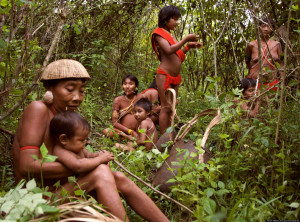 An amazing new study is out from three researchers at University of Utah, Harvard, and UC Davis looking at what might have resulted in our human evolution and development to where we are today. The question comes from the fact that, contrary to our primate ancestors, humans require help to raise their young thanks to our larger brain size. For years it has been hypothesized that it was the male-female bonding and monogamy that has led to our evolution, and yet, it remained unknown if this could possibly be enough to result in our development. Thanks to Drs. Adrian Bell, Katie Hinde, and Lesley Newson, we have some answers.
An amazing new study is out from three researchers at University of Utah, Harvard, and UC Davis looking at what might have resulted in our human evolution and development to where we are today. The question comes from the fact that, contrary to our primate ancestors, humans require help to raise their young thanks to our larger brain size. For years it has been hypothesized that it was the male-female bonding and monogamy that has led to our evolution, and yet, it remained unknown if this could possibly be enough to result in our development. Thanks to Drs. Adrian Bell, Katie Hinde, and Lesley Newson, we have some answers.
We know that it is through human cooperation that we have flourished as a species, and this cooperation exists both within and between groups throughout history. What needed to be explained is why we developed this cooperation. The male-female bond is one hypothesis; that somehow the monogamous nature of the relationship would have led to this wider-spread helping of new families. We can hypothesize that it might make sense if the families of the male and female come together to help raise the offspring, resulting in more descendants who utilize the same monogamous pattern. But there are other possibilities that were previously left unexplored… until now.
Given that we can’t time-travel back to these early times to see what happened (unless we can convince Dr. Who to take us along), researchers now use mathematical models to see what would have happened. This is standard practice when looking at evolutionary theories, especially when trying to determine what set of circumstances would have resulted in the society we see today. The question at hand here is: Which mattered more to our evolution, male or female cooperation? After all, other females can offer quite a bit of help with respect to child rearing and maternal or familial support from breastfeeding to alloparenting, but their contribution has largely been ignored.
From the authors of the study via the press release:
Mathematical models can combine the costs, risks, and benefits of each strategy to determine whether males (aka Man the Hunter) or some other source of help allowed females to support the faster birth rate of larger-brained babies. Many key concerns were built into the math: benefits of group vs. solo hunting among males, whether or not the male was actually the father or a cuckold, female cheaters that took help but didn’t give back, and whether there was relatedness among males or among females.
What did they find? Well, if you read the title of this piece, you already know: It is thanks to the cooperation and help women offered each other that we are here reading about this research today and not the monogamous pair-bonding between men and women. Interestingly, the mothers need not even be related for their cooperation to still heavily outweigh the benefits of male-female monogamous bonding, though of course that helps.
What does this mean for dads? Well, their monogamous nature may not be the reason we are here, but they certainly did help and shouldn’t be dismissed outright. As Dr. Bell, the lead author, states:
“To be clear, we are not claiming that help from males made no contribution to our evolution,” says Bell, who is a very caring father of three. “But we think it almost certainly did not happen with males and females being pair-bonded and the male concentrating on helping ‘his’ mate and her children. Our early ancestors were more likely engaged in broad cooperative networks between females and also males. In all human groups living today, people coordinate their work and pool their resources. Although humans love, marry, and bond, keep in mind, in many traditional societies creating the “match” for marriage involved the couple and their families. In part, these social mechanisms ensure that mothers have broad support now and into the next generations.”
If you would like to read the entire article, it is open-source which means you need not pay to read the entire thing and I highly recommend you do. If not, just remember: We got this far by helping each other out and perhaps we ought to be cognizant of that going forward. After all, we can’t and shouldn’t do this alone.

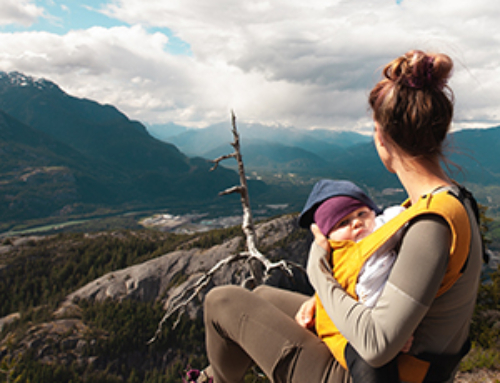

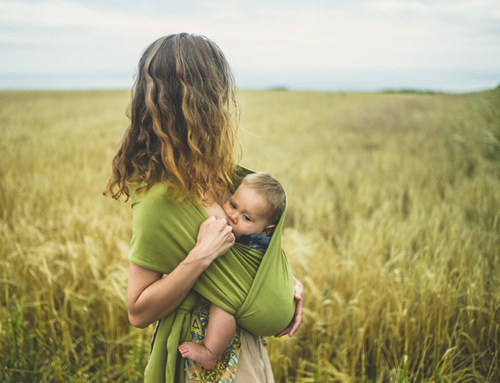
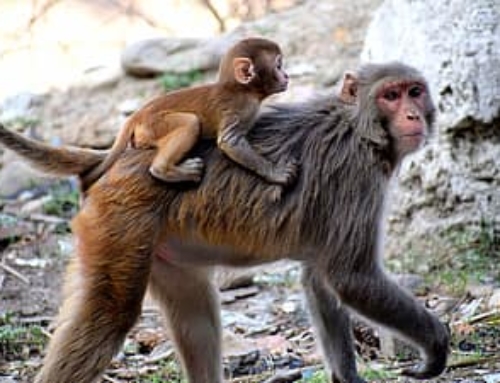
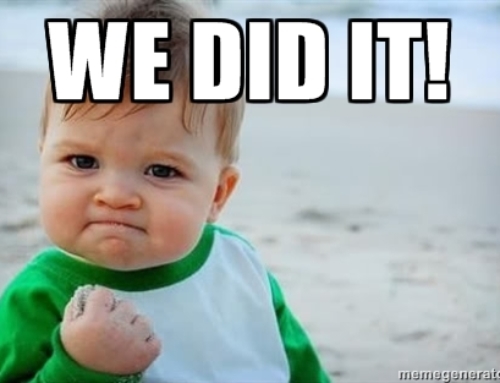
I’ve been thinking of this lately, having a 4 week old. It is exactly the conclusion I came to as well. We are lucky that I’m a stay-at-home mom and husband works from home. But now I see: this, even this (!) is an unsustainable model.. Completely unsustainable.
Having a baby and working for a living is completely unsustainable without a third person who is capable of getting sleep involved, living outside the household. Period.